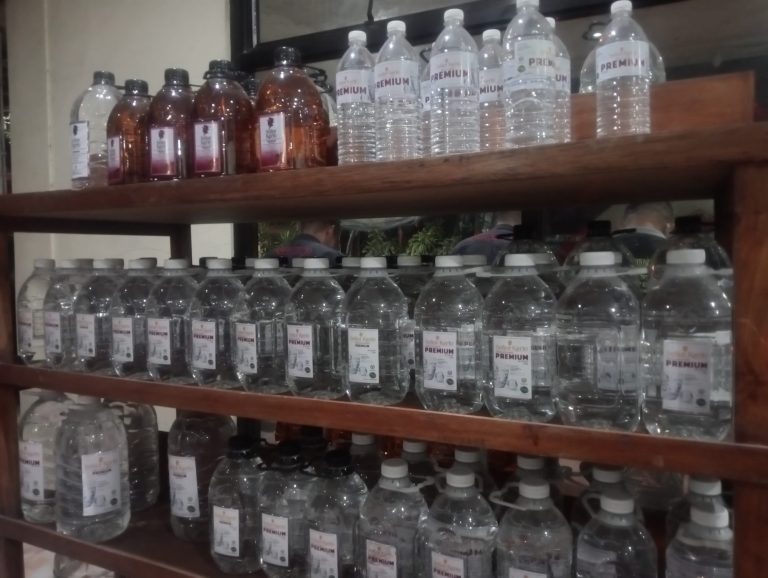QUEZON CITY, Philippines (June 5) — University of the Philippines Diliman chemists are pioneering efforts to make traditional Filipino “lambanog” safer, identifying promising and accessible methods to detect toxic methanol in the coconut-derived alcoholic beverage. This initiative directly addresses past poisoning incidents that have endangered lives and tarnished the drink’s cultural and economic standing.
Kristine Anne Ladines and Dr. Cynthia Grace Gregorio from the UP Diliman College of Science’s Institute of Chemistry (UPD-CS IC) conducted a thorough review of existing scientific techniques for methanol detection. Their focus was on finding methods that are effective, yet also affordable and straightforward enough for small-scale producers and micro, small, and medium enterprises (MSMEs) to implement, potentially through portable or paper-based testing kits.
“Lambanog holds cultural and economic significance in the Philippines,” Ladines stated, referencing the press release obtained by our editors. “However, repeated methanol poisoning incidents have harmed its reputation and endangered lives. Many cases of death and hospitalization have been linked to unsafe, unregulated production.” She emphasized the drive to find solutions empowering small producers to test their products for safety.
Methanol is an industrial chemical that is highly toxic to humans, and even fatal, at high concentrations. The chemists’ findings aim to guide national agencies like the Food and Drug Administration on suitable technologies for widespread adoption among local producers.
Ladines also suggested that government and academic institutions could bolster MSMEs by offering training on safe fermentation and distillation, providing financial aid for basic detection equipment, and developing low-cost, field-friendly technologies such as paper-based sensors.
The research, “Finding MeOH: A literature review on methods for the determination of methanol in Lambanog and alcoholic beverages,” is featured in JSFA reports, a food science journal focusing on the agriculture/food connection.
Consumers and producers alike are encouraged to stay informed about safe alcohol production practices and support initiatives that prioritize public health in the traditional beverage industry.


